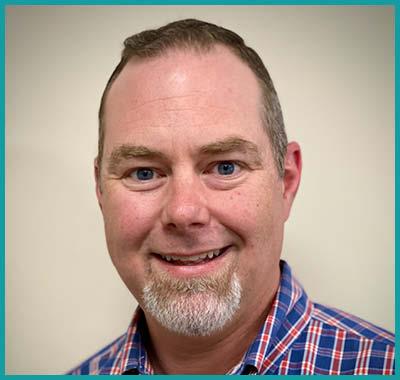Speaker interview: Jordan Newton, SonicAire

We recently spoke to Jordan Newton, Chief Operating Officer at SonicAire, who will be speaking at this year's Compounding World Expo in North America.
As Chief Operating Officer and Integrator at SonicAire, Jordan's primary responsibility is to help solve issues. Whether those issues are challenges faced by customers or internal opportunities for advancement, his only responsibility is to help others remove roadblocks and solve issues.
What are the biggest challenges facing the market today and how can this be overcome?
One of the biggest challenges facing the market today is the labor shortage. With the effects of the pandemic and its economic impact still hanging over all industries like a dark cloud, finding new employees is a huge problem right now. And, when employers do find new employees, they’re having to pay higher wages than they’re prepared for. The best alternative for companies is to now look for ways to automate their labor-intensive processes. It’s easy to get in the rut of doing things the way we’ve “always done it,” but now is the time to seek out new technologies to help us all overcome this new issue caused by the pandemic.
In your opinion, what do you consider to be the greatest development in your industry in the last decade?
At SonicAire, we work across a wide array of industries that all produce or handle dust. In most cases, this isn’t just any dust, but combustible dust. In general, these industries have had some awareness of the dangers of combustible dust, but the NFPA’s most recent requirements have elevated the issue. The 2019 edition of NPFA 652 now requires all who produce or handle dust to conduct a Dust Hazard Analysis (DHA). This is a great step in the right direction to give the hazards of combustible dust the recognition they deserve.
How do you see the sector developing in the next five to ten years?
Since the industrial revolution, we’ve worked to add mechanization and efficiency to every area of our lives. The next five to ten years will be no different. While the labor shortage will continue to push us to rely on philosophies like lean for process improvement and minimizing manual tasks, this will now have to be done through a lens of power efficiency as well. Not only are labor costs continuing to rise, but energy prices as well. As we look to better utilize automation in new ways for process efficiency, we’ll also be looking at ways to reduce energy consumption at every possible point.
You will be speaking at AMI’s plastics industry expos in Cleveland in November, could you give us a preview of what you will be talking about?
Dust management is a challenge for anyone that has any amount of dust in their facility. No matter how efficient a dust collection system is, there’s always the potential for fugitive dust to escape and build up to dangerous levels over time. No one ever plans to have dust buildup, it just sneaks up over time.
We’ll take a look at some companies that have taken a proactive approach to dust management. They’ve found a successful way to control fugitive dust, achieving new levels of compliance, safety, and efficiency while saving millions of dollars in the process.
Jordan Newton will be sharing insights into 'Implementing practical solutions to reduce dust levels in compounding plants' on day two of the Compounding World Expo conference.
